by Kim Adetunji, Bible Brand Manager
You, of course! Your time, your smile, your kindness, a note, a call—or in some circumstances, your apology or forgiveness. That’s probably the absolute best gift you could give this Mother’s Day!
If you’re like me, you’re always looking for a meaningful gift to give Mom—so we pulled together a list for you:
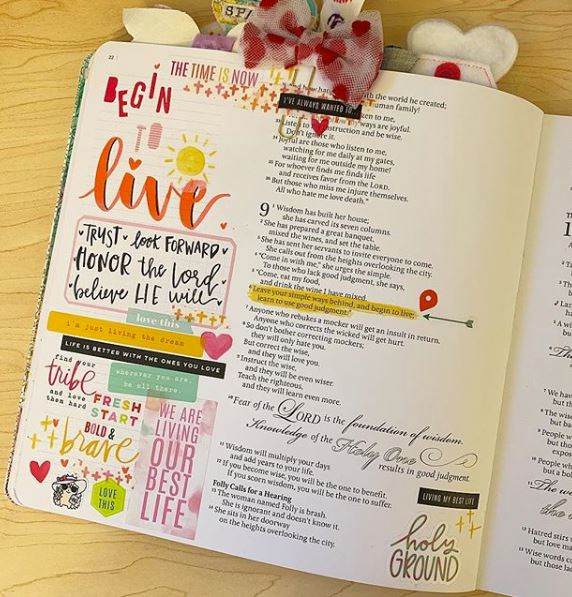
5 Reasons a Bible Is the (Second) Greatest Gift for Mom on Mother’s Day
#1: Your Mom deserves the very BEST, and what gift could be better than the living and powerful Word of God? (Plus, there are so many options to choose from that you are bound to find one that she’ll love!)
#2: What other gift—besides prayer, maybe—connects Mom so directly to God than the Bible? When Mom (or you or I) reads through the Bible, God speaks to her (and us)!
#3: It will be a gift your Mom will cherish for a very, very long time—and not just because it’s from you (which is a really huge reason!), but also because being a student of the Word and growing in knowledge of God and his plan for us is a life-long journey. We will never fully mine the riches and depths of this treasure house that is the Bible.
#4: No matter where your Mom is (or isn’t) on her spiritual journey, a new (or first!) Bible could be the fresh inspiration she needs to make spending daily time with God a (new or renewed) priority in her life.
#5: As Mom reads her Bible and reflects on its truths, the more she will become transformed into Christlikeness. The Bible promises us that time spent in God’s Word will never return void! (We saved the very best reason for last!)
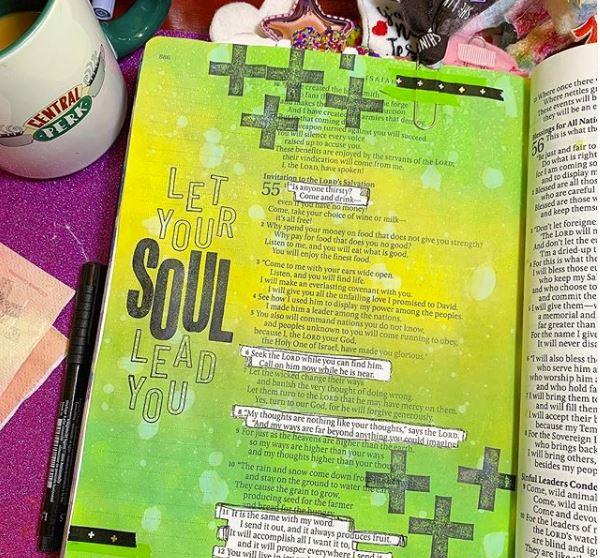
Inspire Mom This Mother’s Day!

The #1–selling Inspire Bible line is available in 6 unique editions (pictured above, from left):
Includes 500+ illustrations to color, 300+ devotional readings and prayers, 160+ journaling prompts, fun facts, a beautiful two-color interior & so much more!
Over 500 all-new Scripture line-art illustrations to color, wide margins for journaling, plus 32 beautiful full-color vellum pages (pictured below). It’s the only Bible with vellum pages! Now available in large print.
A square-trimmed, coloring-book-style complete book of Proverbs that is beautifully designed with line-art illustrations to color and extra-wide margins for journaling. Printed on thick art paper.
A square-trimmed, coloring-book-style complete book of Psalms that is beautifully designed with line-art illustrations to color and extra-wide margins for journaling. Printed on thick art paper.
Over 400 Scripture line-art illustrations to color, plus wide margins for journaling. Available in full-size and large-print editions.
Our latest addition to the line, the beautiful rose gold Inspire Catholic Bible has over 450 Scripture line-art illustrations to color, plus wide margins for journaling.

Inspire has drawn people of all ages and stages of faith deeper into God’s Word.
Let the Word of God Inspire You.™
All Scripture is inspired by God and is useful to teach us what is true and to make us realize what is wrong in our lives. It corrects us when we are wrong and teaches us to do what is right. – 2 Timothy 3:16, NLT


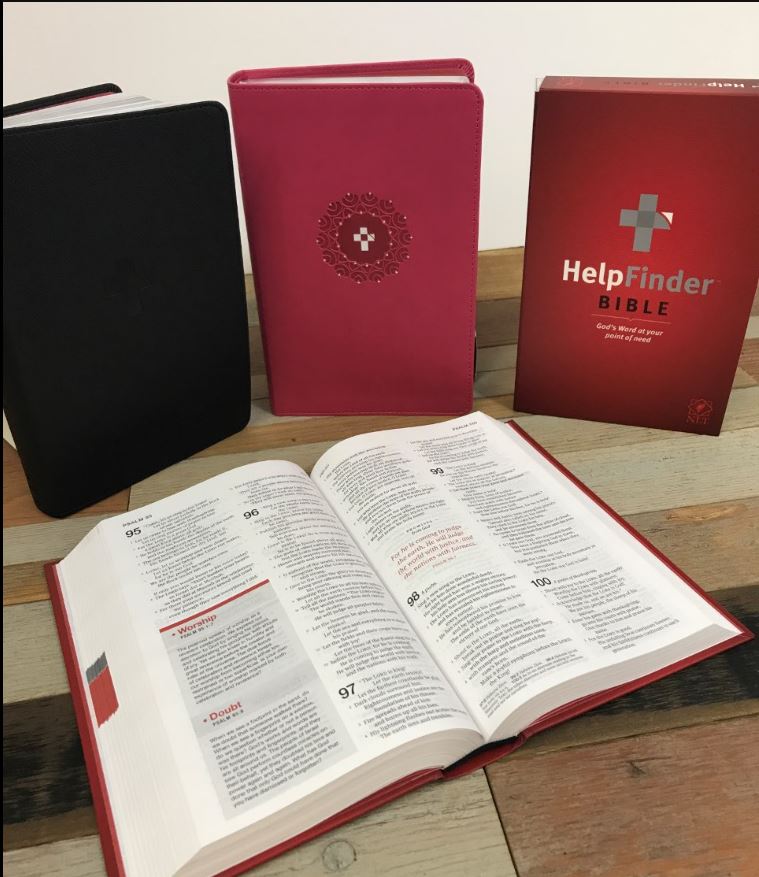









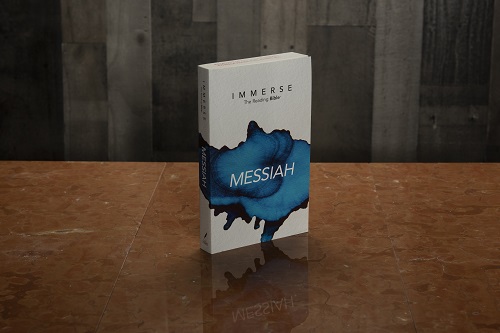



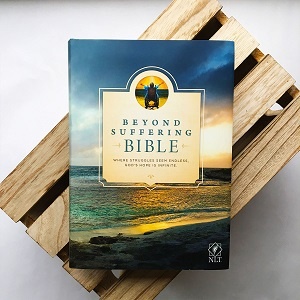






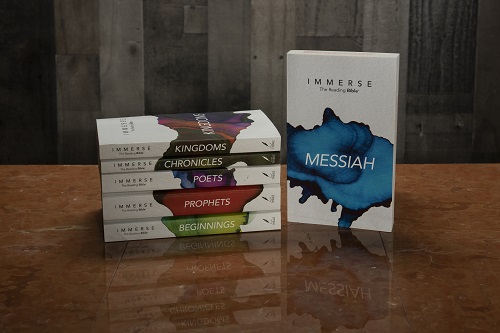



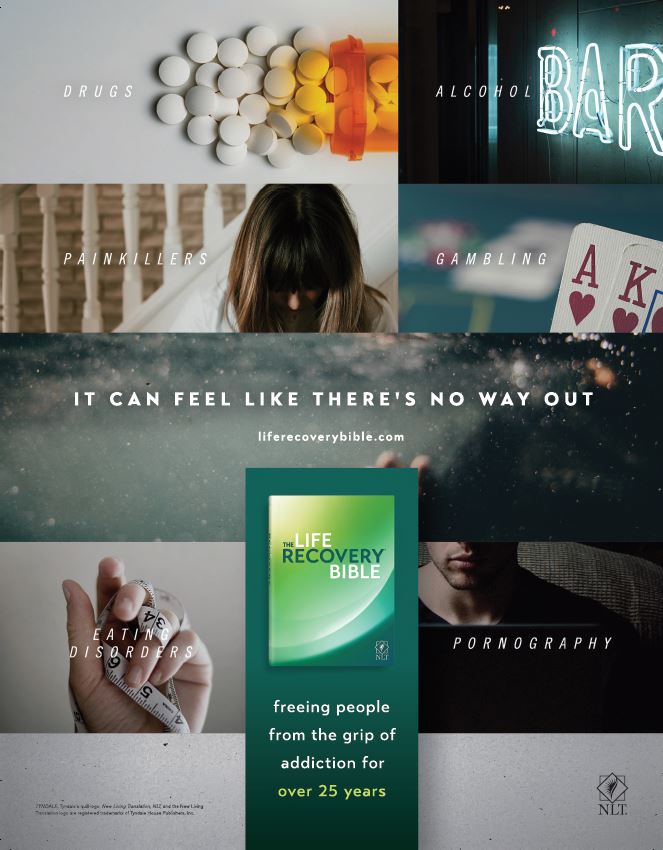



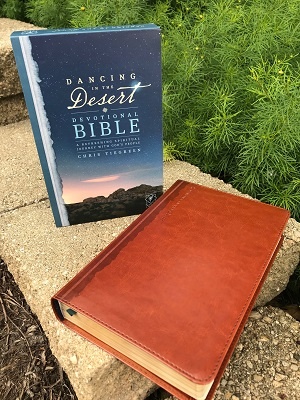


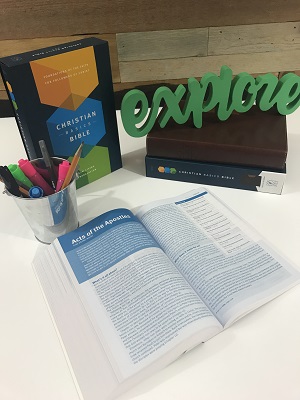

Recent Comments